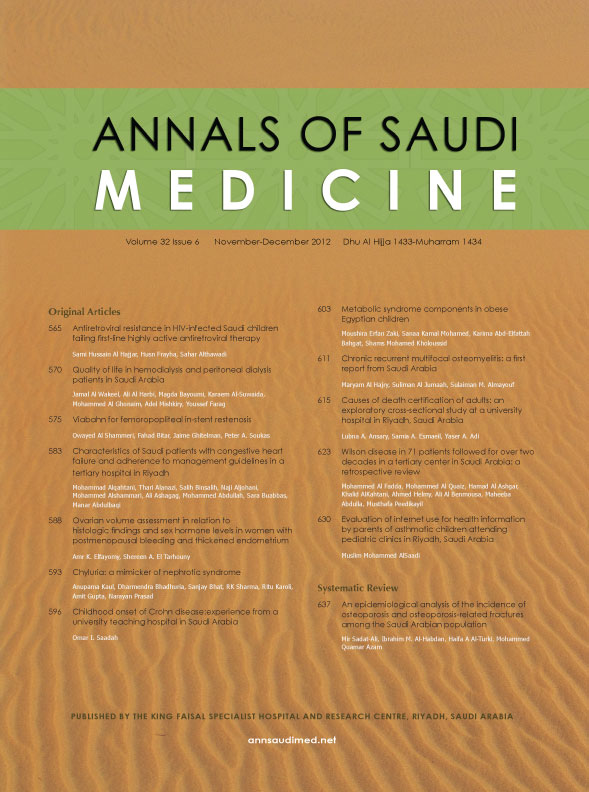 Alirio Melendez, a former National University of Singapore immunologist whose story we’ve been following here since a retraction in September of last year, committed misconduct on an “unprecedented” scale, according to the university, involving more than 20 papers.
Alirio Melendez, a former National University of Singapore immunologist whose story we’ve been following here since a retraction in September of last year, committed misconduct on an “unprecedented” scale, according to the university, involving more than 20 papers.
Nature’s Richard van Noorden has the scoop:
After a 19-month investigation, the National University of Singapore (NUS) today says that it has determined that one of its former scientists, the immunologist Alirio Melendez, has committed “serious scientific misconduct”. The university found fabrication, falsification or plagiarism associated with 21 papers, and no evidence indicating that other co-authors were involved in the misconduct, it says.
Melendez has retracted five papers so far, as we’ve reported, but NUS wouldn’t give the whole list. They tell Nature: Continue reading NUS: Melendez committed “serious scientific misconduct,” but don’t expect to get any details
 Emerging Infectious Diseases, a CDC journal, is retracting a 2010 paper about swine flu by a group of Minnesota researchers who acknowledged misinterpreting their results.
Emerging Infectious Diseases, a CDC journal, is retracting a 2010 paper about swine flu by a group of Minnesota researchers who acknowledged misinterpreting their results.







